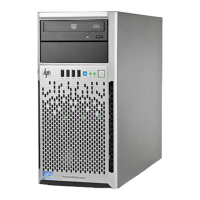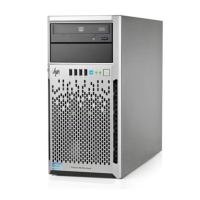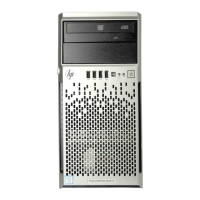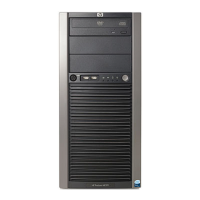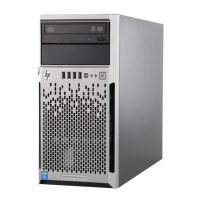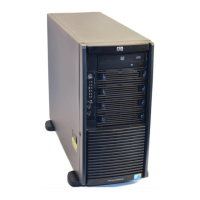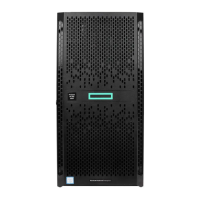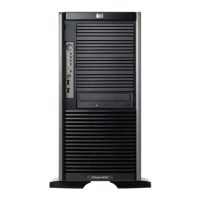the Windows user and group names to grant file access. If the UNIX UID and GID information is not
mapped, then Server for N FS will deny file access.
There are two ways to specify how Server for NFS on the storage ser ver o btains Windows user and
group information:
• Using the Windows interface
• Using a command line (nfsadmin.exe)
IMPORTANT:
• Before using Active Directory Lookup, administrators must install and popu late the Identity
Management for U NIX Active Directory schema extension, included in Windows Ser ver 2003 R2, or
have an equivalent schema which includes UNIX UID and GID fields.
• The IP address of the User Name Mapping server can be specified instead of the name of the server.
• Before using User Name Mapping, the computer running Server for NFS must be listed in the
.maphosts file on the computer running User Name Mapping. For more information, see “Securing
access to the User Name Mapping server.”
For additional information about a ccessing NFS resources, see the MSNFS online help. For additional
information about Identit y Management for UNIX, see the UNIX Identify Management online help
Managing access using the .maphosts file
The User Name Mapping component of MSNFS acts as an intermediary between NFS servers and NFS
clients on a network containing UNIX hosts and Windows-based computers. To maintain the implicit trust
relationship between NFS client and host computers, administrators can control which computers can
access User Name Mapping by editing the .maphosts in the %windir%\msnfs directory of the storage
server. Conditions to allow or deny access include:
• If the .maphosts file is present but not empty, then only those computers allowed access by entries
in the file can access User Name mapping.
• If the .m aphosts file is present but empty (the default), no computers except the computer running
User Name Mapping itself can a ccess User Name Mapping.
• If the .maphosts file is not present, no computers (including the computer running User Name
Mapping) can access User Na me Mapping.
The ordering of entries is important as User Name Mapping searches the .maphosts file from the top
down until it finds a match.
For additional information about the .maphosts file, see the MSNFS online help.
Allowi ng anonymous access to resources by NFS clients
It may be desirable to add anonymous access to a share. An instance would be when it is not desirable
or possible to create and map a UNIX account for every Windows user. A UNIX user whose account is
not mapped to a Windows account is treated by Server for NFS as an anonymous user. By default, the
user identifier (UID) and g roup identifier (GID) is -2.
For example, if filesarecreatedonanNFSSharebyUNIXuserswhoarenotmappedtoWindowsusers,
the owner of those files are listed as anonymous user and anonymous group, (-2,-2).
By default, Server for NFS does not allow anonymous users to access a shared directory. When an NFS
share is created, the anonymous access option can b e a dded to the NFS s hare. The values can be
changed from the default anonymous UID and GID values to the UID and GID of any valid UNIX user
and group accounts.
NOTE:
In Windows Server 2003, the Everyone group does not include anonymous users by default.
80
Microsoft Serv ices for Network File S ystem (MSNFS)
